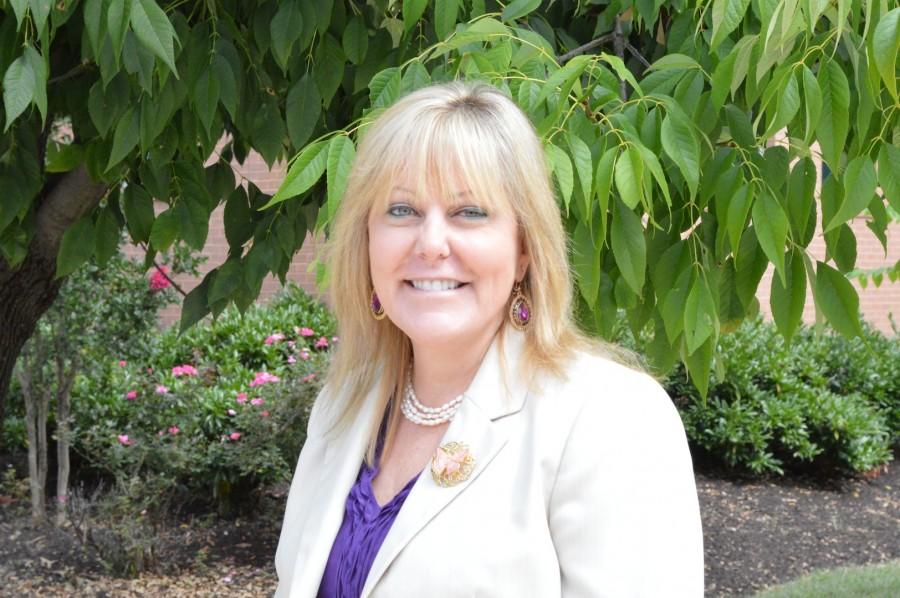Leveling the Playing Field
The program would require that students attend community college at least half-time and maintain a GPA of 2.5.
January 16, 2015
Community college tuition could be free to some people if a proposal by President Barack Obama is approved by Congress.
“I know, right now, it’s happening in four states,” said Dawn Lindsay, president of AACC. “Tennessee is one of them.”
Based on “Tennessee Promise,” the program in Tennessee that pays for the remaining amount of a student’s tuition that isn’t covered by grants and scholarships, the proposal is being called, “America’s College Promise.”
“They have to maintain their GPA and prove that they are serious,” said Lindsay.
The program would require that students attend community college at least half-time and maintain a GPA of 2.5. Those who prove that they are willing to work hard and progress will have their tuition expunged.
According to the Whitehouse.gov, “A full-time community college student could save an average of $3,800 in tuition per year.”
With this new proposal, President Obama hopes to help students earn half of the credits that they will need for a four-year degree without having to fret over how to pay for the cost of higher education.
“For some people, they have to worry about paying the mortgage and putting food on the table, and it sounds pretty drastic, but those are the students that we have at a community college,” Lindsay said. “Then we have our full-time students who are continuing to work full-time and this is potentially going to assist them as well.”
President Obama launched a short video on Jan. 8 from Pellissippi State Community College in Knoxville, Tenn. Looking to graduate from AACC this spring, Chris Pineda, president of the Student Association, thinks that President Obama’s program will help level the playing field.
“Some parents pay for the child’s tuition,” said Pineda. “Obama’s proposal will help those students who don’t have parents that can afford to.”
In agreement, the Chair of the Board of Trustees, Rev. Dr. Diane DixonProctor said, “Our part-time students might not have to work part-time.” If passed, the proposal would require that federal and state governments split the tab and the state would have the option of participating or not.
“Right now it’s a vision. We’re not sure how it’s going to be funded, but it is a great idea,” said Lindsay and Dixon-Proctor.










